What is your favourite Chess Set and Why? Part One
Chocolate or vanilla? Pizza or beer? Doughnuts or coffee? Sometimes, choices are hard. And sometimes, you want both.
I have a few chess sets. I have chosen “both” more than once. The chess clock collection keeps growing. And the books! Ah, the chess books, two magnificent shelves of them. Plus the ones on top of the shelf. You know, the recent acquisitions. Sure, it’s a bit untidy, but they haven’t found their homes yet. And they deserve a good home, right?
But if you asked me which was my favourite of all, I’d have to say it’s my 4 1/3-inch Lardy, which came courtesy of a certain online auction site, whilst I lived in England. (Look, I can use “whilst;” I lived there, honest!) They were never fine, never ornate, and never artful, but they have a well-worn, veteran sturdiness to them. These chess pieces have their fair share of battles; when they came to me, the black lacquer was chipping, and the four knights weren’t quite a match. They still aren’t. The whites have yellowed and their king seems to lean over an absent cane. I scraped off the worst of the paint flakes and cleaned up the black army a bit, but my touch-up was in gloss instead of semi-gloss, and now their uniforms look even less regulation. But they have British spirit, and gumption, and a stiff upper lip (they’re wood, after all), and still plenty of the French élan they were born with. They seem say, “those knights are replacement men, filling the gaps where others fell; his Highness took a cut to the leg long ago.” I’ve got newer sets, and I’ve got prettier sets, but none with such life.
When I get them out of their box, I think of the little slice of their life I’ve been privileged to be part of. When I brought them to a California coffee shop, and I spent ten minutes crawling around on the floor looking for a lost pawn, my heart in my throat, thinking “they won’t be a complete set!” only to discover that another player had scooped up my wayward infantryman with his own exhausted warriors and stuffed them all into his box. When I took them down to my local club outside of London, and their grand fight across the board that night, white perpetually striving with black. I lost, of course, but I’ll always remember my British chess friends, Joe, John, and Paul, Ralph and Krysztof, whenever I get out the Lardy men. I will remember my local games in back rooms and classrooms, churches and pubs. No other set makes me feel so much a part of something else, something larger, this love of chess we all share. Where have these soldiers served before, and what stories would they tell me, if only they could? What adventures will they share with me and my children? Where will they go next?



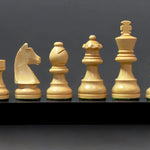
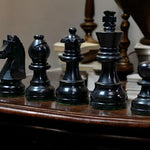
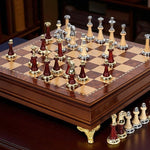
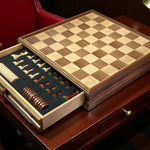
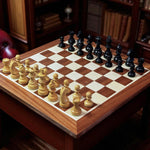


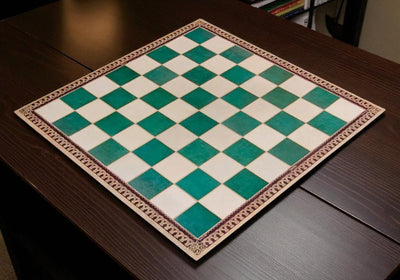
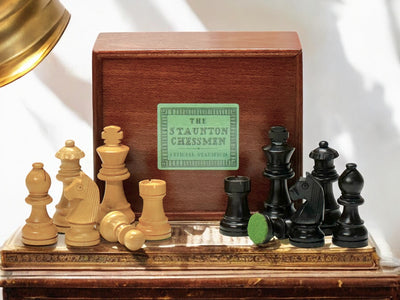
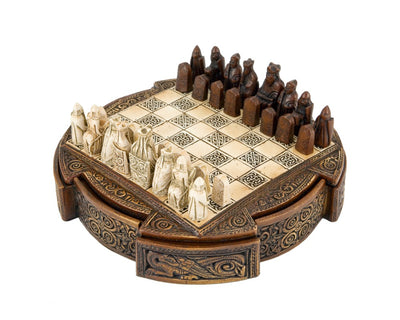
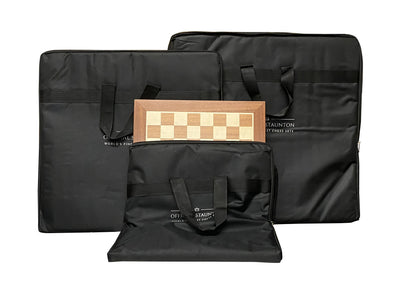
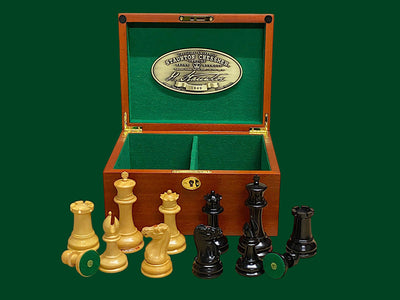
Leave a comment